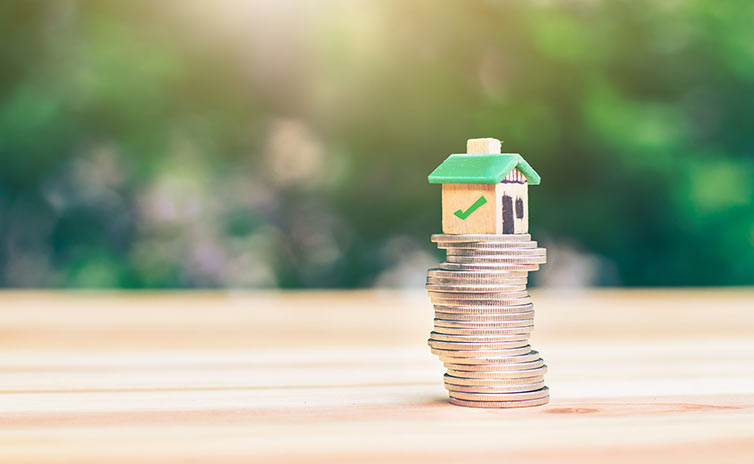
When investors are considering properties, there are various methods of evaluating the potential of the assets, and you may be wondering about the capitalization rate or cap rate, compared to other available metrics, such as ROI (return on investment). Cap rate can be helpful in comparing different property types. Since the measurement is seeking a value based on potential income production, it can assign comparable worth to disparate types (for example, juxtaposing an apartment building with a storage facility and a retail complex).
How do you find the Cap Rate?
Cap rate is the initial rate of return that a property is anticipated to produce, and it is determined by dividing the net operating income by the property value.
Expressed as a formula, that is: Cap rate = (net operating income)/(market value)
Net operating income is the gross rental income minus the expenses. Take the actual or prospective rent, minus the actual or estimated expenses (taxes, owner’s share of utilities, insurance, maintenance, etc.) to determine the net operating income. Divide that by the current fair market value (either based on the sales price or some other valid measure).
Example A: Property Sales Price is $500,000 (market value)
Gross rental income (if fully rented) is $36,000 ($3,000 per month)
Operating expenses of $10,000 (insurance, taxes and maintenance) produce a net operating income of $26,000
$26,000/$500,000= a cap rate of 5.2%
Note that this example assumes that the purchase was made with cash so there are no financing costs and assumes that the property is fully occupied. Changing either of those variables changes the outcome.
Is the Going-in Cap Rate Different?
Going-in and exit cap rates are versions of the cap rate metric that can be used in specific situations. The going-in rate is based on the ratio of the first year income to property purchase price. If the asset is a development, the calculation is slightly altered, using total project costs, including land acquisition, legal fees, closing costs, financing, and construction debt costs.
In this case, the formula is expressed like this: (forward stabilized cap rate)/(total project cost)
The exit cap rate (sometimes called the terminal cap rate) is the property’s net operating income in the last year prior to the sale divided by the sale or asking price. If you compare your going-in cap rate with your terminal cap rate you can illustrate changes in the profitability of the investment while you owned it. You can also use a terminal cap rate to help determine a potential sale price for a property with a volatile market value.
What's the right cap rate for a property?
Capitalization rates will be lower (higher valuation) for lower risk properties, and higher (lower valuation) for higher risk properties, so there is no universal answer to what rate a particular investor is looking for. The prudent investor will consider the cap rate along with other factors, including location, asset class, and ROI.
In general, investors may consider cap rates between four and ten percent as a reasonable range for investment properties, depending on the other factors, and their individual risk tolerance and portfolio composition. The higher the cap rate, the higher the return is estimated to be. If you find the property you want to buy, the cap rate is a great tool to use in assessing the overall value.



